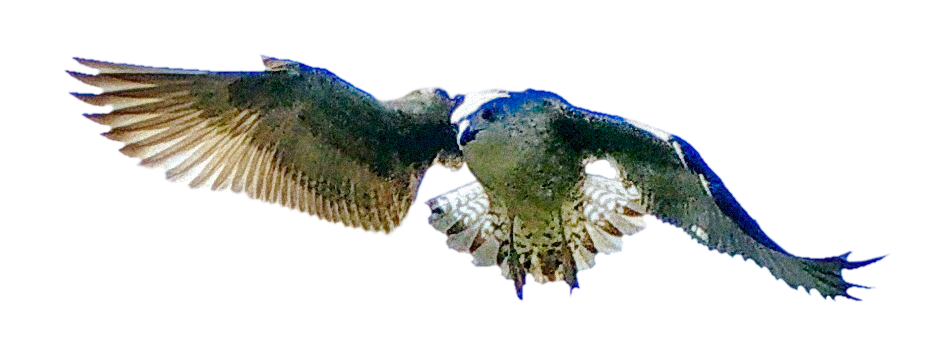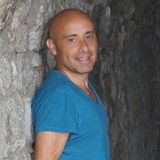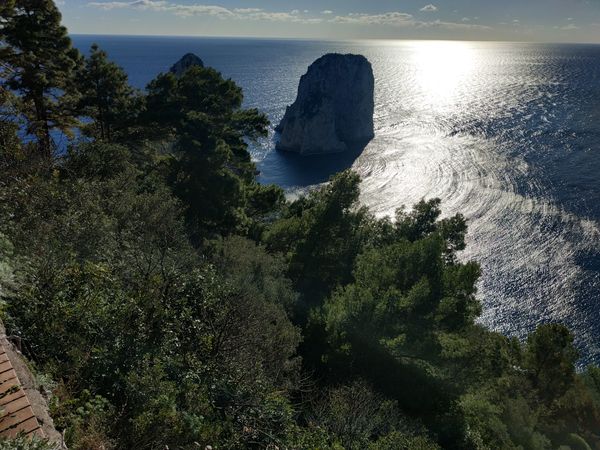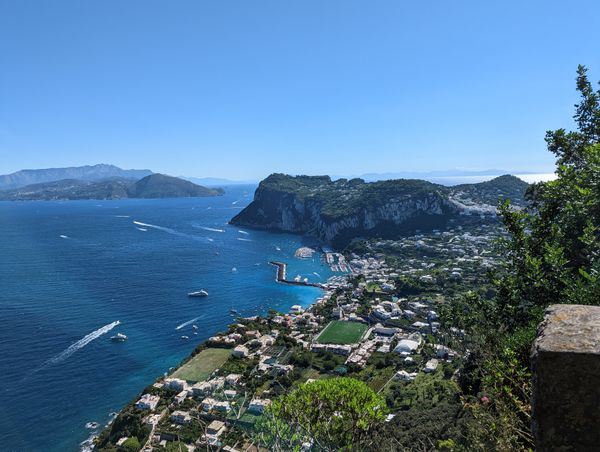Emergence, physics and God
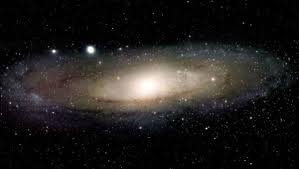
While thinking about the emergence of "new rules" from simple rules and the inadequacy of mathematics to model across levels, I never thought about the implication of this line of reasoning beyond science and technology into the realm of philosophy and religion.
This is what Stuart A. Kauffman has done in an article titled Breaking the Galilean Spell in which he argues that reductionism cannot explain biology and human complexity. These "emergent" systems have their own creativity:
This incapacity to foresee has profound implications. In the physicist Murray Gell-Mann’s definition, a “natural law” is a compact description beforehand of the regularities of a process. But if we cannot even prestate the possibilities, then no compact descriptions of these processes beforehand can exist. These phenomena, then, appear to be partially beyond natural law itself. This means something astonishing and powerfully liberating. We live in a universe, biosphere, and human culture that are not only emergent but radically creative. We live in a world whose unfolding we often cannot prevision, prestate, or predict—a world of explosive creativity on all sides. This is a central part of the new scientific worldview.
This insight has profound implications for atheists and religious people alike, because, in a way, it gives them a perspective that allows them to come to a common "new vision":
If we are members of a universe in which emergence and ceaseless creativity abound, if we take that creativity as a sense of God we can share, the resulting sense of the sacredness of all of life and the planet can help orient our lives beyond the consumerism and commodification the industrialized world now lives, heal the split between reason and faith, heal the split between science and the humanities, heal the want of spirituality, heal the wound derived from the false reductionist belief that we live in a world of fact without values, and help us jointly build a global ethic. These are what is at stake in finding a new scientific worldview that enables us to reinvent the sacred.
